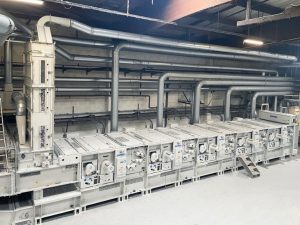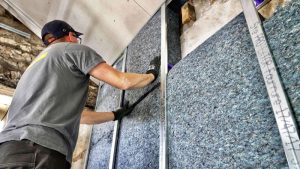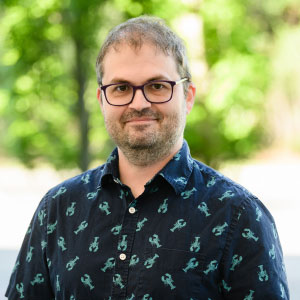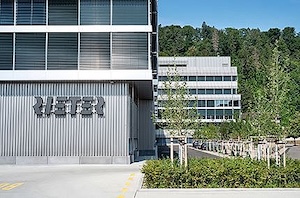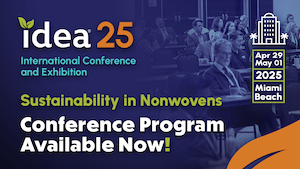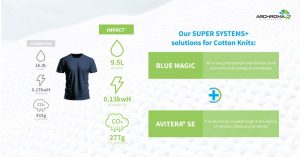 NEW YORK CITY — March 13, 2025 — Cathay Home Inc., a vertically integrated manufacturer and distributor of premium home textile products, continues to strengthen its position as a powerhouse in the home textiles industry through strategic acquisitions and a major manufacturing expansion. With over 20 years of experience crafting high-quality home textile products, Cathay Home has built a reputation for innovation, quality, and efficiency.
NEW YORK CITY — March 13, 2025 — Cathay Home Inc., a vertically integrated manufacturer and distributor of premium home textile products, continues to strengthen its position as a powerhouse in the home textiles industry through strategic acquisitions and a major manufacturing expansion. With over 20 years of experience crafting high-quality home textile products, Cathay Home has built a reputation for innovation, quality, and efficiency.

Cathay Home recently acquired two renowned home textile companies, further diversifying its product offerings and retail partnerships. The acquisition of Sunham Home in December 2024 enhances Cathay Home’s portfolio with high-quality soft bedding and bath products, including towels and bath accessories. This strategic move also expands Cathay’s sourcing capabilities in India and Pakistan — two key regions for premium textile manufacturing — marking a significant milestone in the company’s global supply chain. Additionally, Cathay Home now owns Sunham as a standalone company, maintaining its existing sales operations, warehouse, showroom, and leadership team to ensure business continuity for customers and partners. Sunham Home’s licensed brand portfolio includes Lacoste, Anne Klein, and Splendid. This acquisition adds to Cathay Home’s robust portfolio, which includes Lenox, Ann Taylor, Coleman, Sanctuary, Celebrity Pink, and C&C California. Furthermore, it enhances Cathay’s distribution capabilities with the addition of a fifth warehouse in New Jersey.
The acquisition of Royal Heritage Home in June 2024 strengthens Cathay Home’s expertise in cotton-based textiles and electric blankets, complementing its existing microfiber products. Royal Heritage Home’s well-established retail relationships increase Cathay’s retail footprint.
Further broadening its product assortment, Cathay Home launched SOMN in September 2023, incorporating mattresses into its expanding portfolio. This move underscores the company’s commitment to offering a comprehensive range of home solutions. Looking ahead, the company is set to expand into the window treatment category with the launch of a new window division debuting at the March 2025 market. This strategic expansion demonstrates Cathay Home’s dedication to innovation and leadership in the home space.
To support its continued growth, Cathay Home is making a significant investment in manufacturing with the launch of a state-of-the-art, vertically integrated facility in Nicaragua, set to open in 2025 with planned expansion in 2026. This facility will be the largest home textile manufacturing operation in the Americas. The Nicaragua factory will provide duty-free trade benefits for the U.S. and Mexico, ensuring greater cost efficiency. It will also offer faster transit times via both sea and land transport, allowing Cathay Home to improve its speed to market. The factory spans 75 acres, with over 20 acres dedicated to weaving, dyeing, printing, cutting, and sewing, reinforcing Cathay Home’s commitment to innovation and efficiency.
“These two new acquisitions, coupled with the launch of new product categories, aligns with our growth strategy. The opening of our new vertical factory in Nicaragua, will support this expansion and allows for tremendous future potential,” said Steven Qian, CEO of Cathay Home. “As Cathay Home expands with these new resources, we look forward to delivering exceptional products and maximizing our commitment to our customers.”
Posted: March 16, 2025
Source: Cathay Home Inc.





